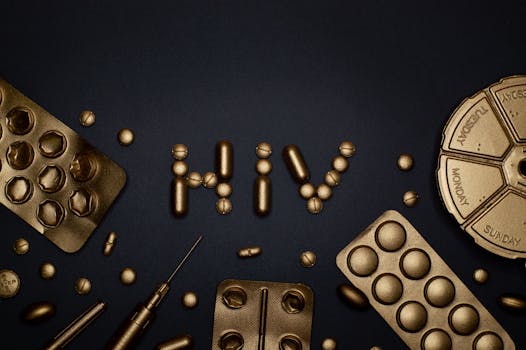
The Science Behind Vaccines and Public Health: Vaccines and Public Health
The science behind vaccines and public health is a complex and multifaceted field that has been instrumental in protecting millions of people from infectious diseases. Vaccines have been widely recognized as one of the most effective ways to prevent the spread of infectious diseases, and their impact on public health has been profound. In this article, we will explore the science behind vaccines and public health, and examine the ways in which they have contributed to the protection of human health.
What are Vaccines?

Vaccines are biological preparations that provide active acquired immunity to a particular infectious disease. They are typically made from weakened or killed forms of the disease-causing agent, such as a virus or bacteria, and are designed to stimulate the body’s immune system to produce antibodies that can recognize and fight the disease. Vaccines can be administered through various routes, including injection, oral administration, or nasal spray.
How do Vaccines Work?

When a vaccine is administered, it stimulates the body’s immune system to produce antibodies that can recognize and fight the disease-causing agent. This process is called immunization, and it provides the body with the ability to recognize and respond to the disease-causing agent in the future. The immune system is able to remember the disease-causing agent and mount a rapid and effective response if it encounters the agent again in the future.
The Science Behind Public Health

Public health is the science and art of preventing disease, prolonging life, and promoting health through the organized efforts of society. It is a multidisciplinary field that draws on a range of disciplines, including epidemiology, biostatistics, environmental health, and health education. The goal of public health is to protect and promote the health of populations, rather than individual patients.
The Impact of Vaccines on Public Health

The impact of vaccines on public health has been profound. Vaccines have been instrumental in controlling and eliminating many infectious diseases, including smallpox, polio, and measles. They have also been shown to be effective in preventing the spread of infectious diseases, such as influenza and pertussis.
Conclusion

In conclusion, the science behind vaccines and public health is a complex and multifaceted field that has been instrumental in protecting millions of people from infectious diseases. Vaccines have been widely recognized as one of the most effective ways to prevent the spread of infectious diseases, and their impact on public health has been profound. As we continue to face new and emerging infectious disease threats, the importance of vaccines and public health will only continue to grow.



